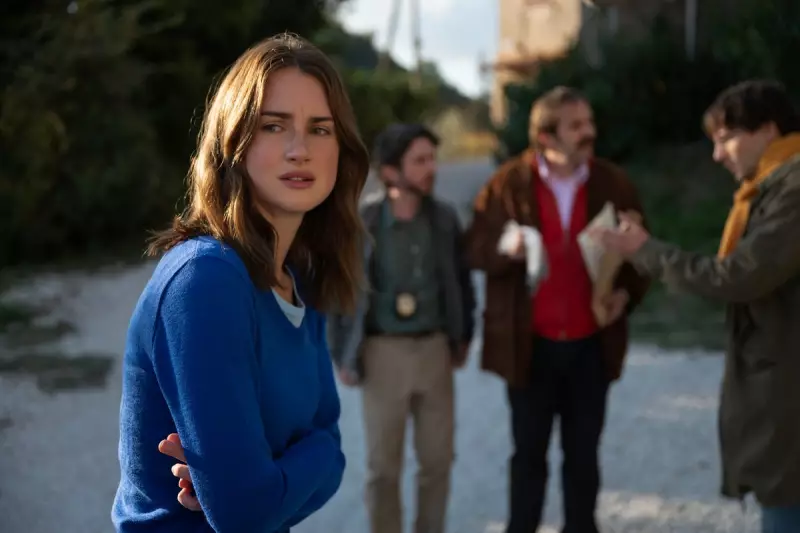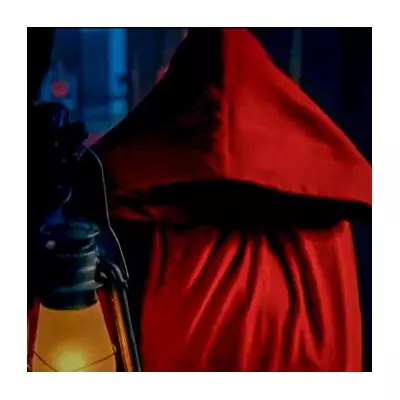
The chilling story of Amanda Knox, the American student convicted and later acquitted of the murder of her British roommate Meredith Kercher in Italy, is being retold. But this time, it's not in a courtroom; it's on your television screen courtesy of Disney+.
A new series promises to delve into the infamous case that captivated the world, but it raises a perennial and troubling question: where does fact end and fiction begin in the lucrative world of true crime entertainment?
The Perugia Nightmare Revisited
In 2007, the idyllic university town of Perugia, Italy, became the backdrop for a brutal crime. The murder of 21-year-old Meredith Kercher sparked an international media firestorm, with American exchange student Amanda Knox and her Italian boyfriend Raffaele Sollecito placed firmly at its centre.
The subsequent investigation and trials were a circus of allegations, prosecutorial misconduct, and DNA evidence controversies. Knox spent nearly four years in an Italian prison before her eventual acquittal by Italy's highest court in 2015.
Fact, Fiction, and Exploitation
The new Disney+ production, Stillwater, is the latest in a long line of adaptations, joining documentaries, books, and films that have all sought to capitalise on the tragedy. Knox herself has been highly critical of many portrayals, accusing producers of distorting events for dramatic effect and profit.
This highlights a central ethical dilemma within the true crime genre: the obligation to the victims and their families versus the desire to create compelling, binge-worthy content. The human cost of such dramas is often an afterthought.
The Real People Behind the Headlines
While the series may focus on the legal drama and the 'whodunnit' mystery, it's crucial to remember the real people whose lives were irrevocably shattered. The Kercher family has endured unimaginable pain, their loss repeatedly dredged up for public consumption with each new project.
Amanda Knox, though exonerated, continues to live under the shadow of the case, forever labelled by a narrative she did not control. The new series forces us to ask: who truly benefits from retelling this story, and at what cost to those who lived it?





